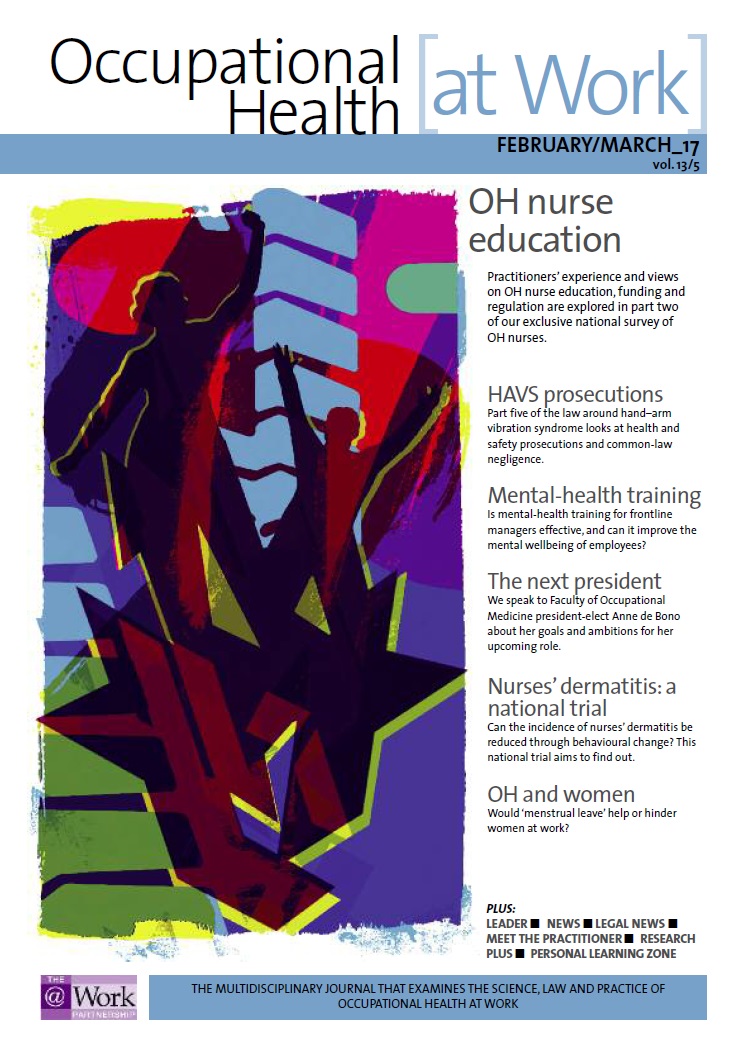February/March 2017 (vol. 13/5)
ContentsFeaturesNewsLegal
NewsResearch DigestResearch PlusCPD
Research Plus
Medical students’ emotional wellbeing
A systematic review and meta-analysis of 167 cross-sectional and 16 longitudinal studies found a 27.2% prevalence of depression or depressive symptoms among medical students (95% confidence interval (CI) 24.7%–29.9%)1. The included papers covered 129,123 individuals in 47 countries. Analysis of 24 studies from 15 countries identified an 11.1% prevalence of suicidal ideation (CI 9.0%–13.7%). Seven papers reported information on 954 medical students who had screened positive for depression – just 15.7% of them said they had sought treatment for the condition (CI 10.2%–23.4%).
A second systematic review of 28 papers covering 8,224 participants, found limited, low-quality evidence, that various interventions to improve the emotional wellbeing of medical students can be effective2. Interventions included: mental health programmes; ‘mind-body’ or mindfulness-type training; wellbeing; mentoring; using simple pass/fail grading (rather than traditional A–F or honours/pass/fail grades) to avoid the stress associated with competing for higher grades; changing the curriculum structure (eg more clinical contact time); and multicomponent programmes. Three studies on pass/fail grading had the highest methodological quality and all demonstrated improvements in various measures of mental health and wellbeing.
Occupational Health at Work February/March 2017 (vol. 13/5) pp41-42



